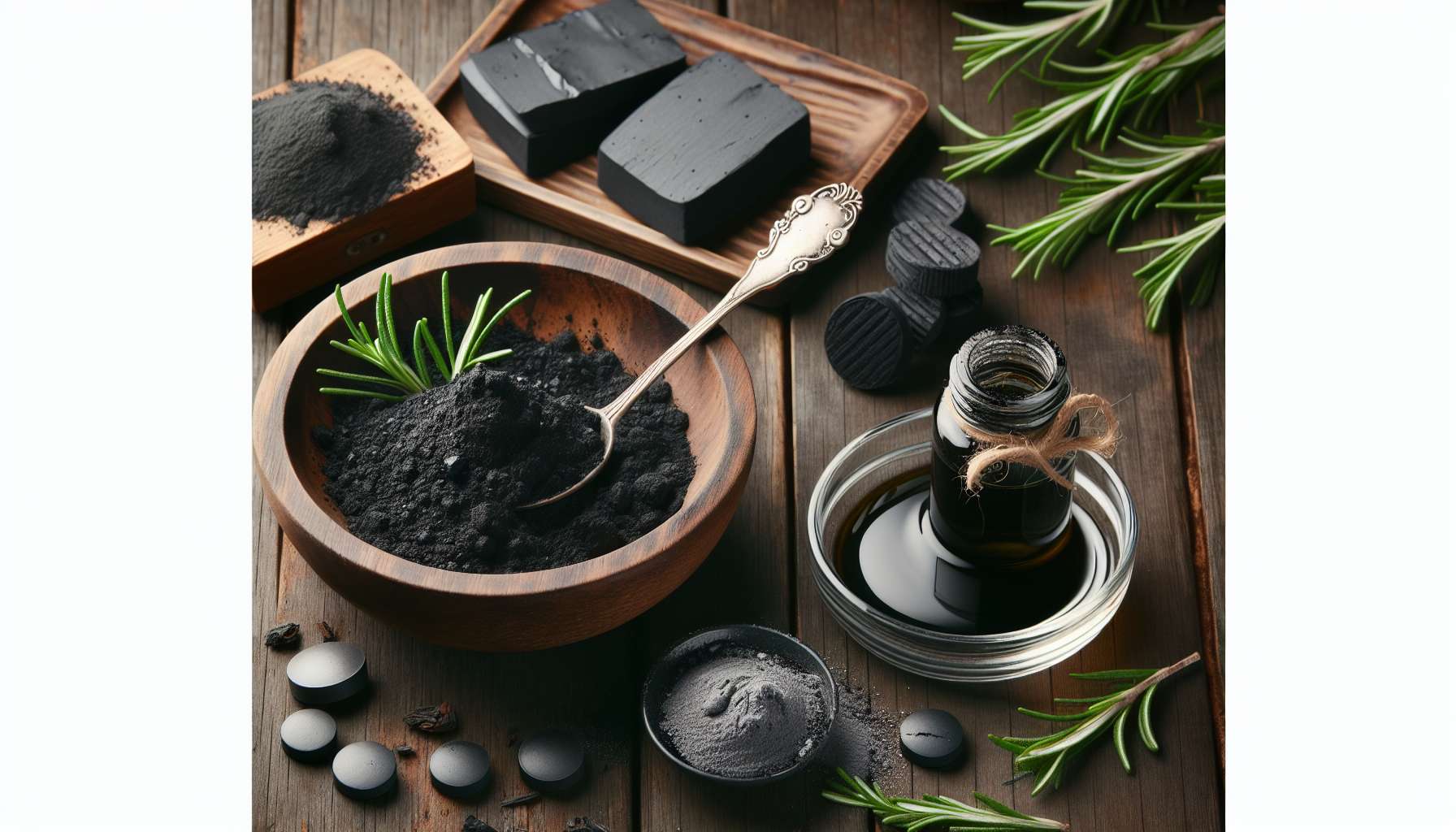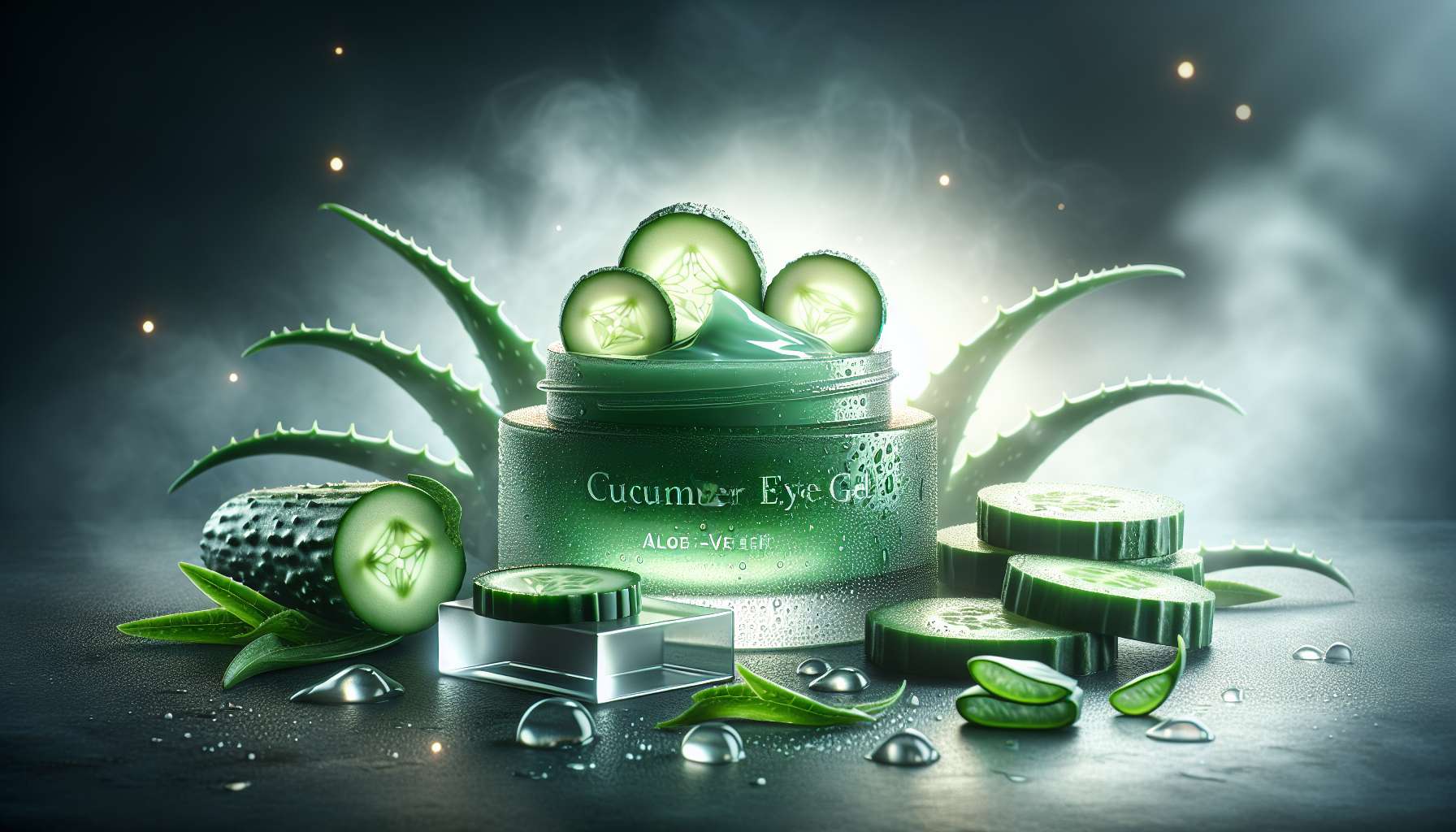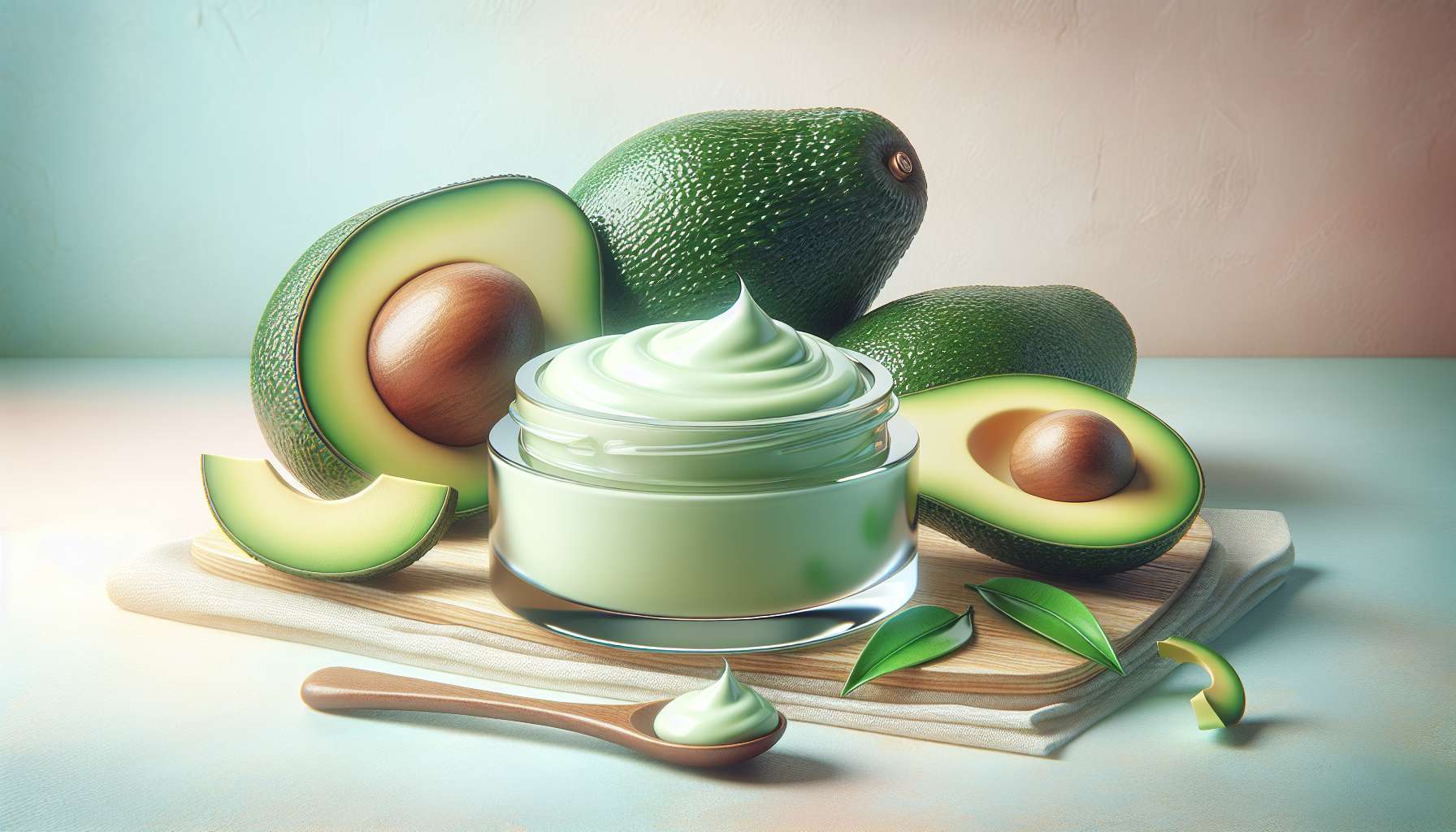The Ultimate Guide to DIY Charcoal Mask: Unveiling the Beauty Secrets
Are you in search of a natural remedy to achieve flawless skin? Look no further than the DIY charcoal mask. This trending beauty treatment has taken the skincare world by storm, promising to detoxify pores, remove impurities, and leave skin glowing. But what exactly is a charcoal mask, and how does it work its magic? In this comprehensive guide, we will delve deep into the world of DIY charcoal masks, exploring their origins, benefits, application methods, and much more. Let’s embark on a journey to discover the beauty secrets hidden within the charcoal mask.
The Origins of Charcoal Masks
Charcoal has been used for centuries for its purifying properties. Dating back to ancient times, charcoal was utilized for its ability to absorb toxins and impurities from the skin. In recent years, charcoal has made a resurgence in the beauty industry, finding its way into a variety of skincare products, including masks.
The concept of using charcoal in skincare products is based on its adsorbent properties. Charcoal is known for its ability to attract and trap toxins, dirt, and oil, making it an effective ingredient for deep cleansing the skin. When applied as a mask, charcoal works by drawing out impurities from the pores, leaving the skin feeling clean and refreshed.
The Benefits of DIY Charcoal Masks
One of the key benefits of using a DIY charcoal mask is its ability to unclog pores. Pores can become clogged with excess oil, dirt, and dead skin cells, leading to breakouts and dullness. By applying a charcoal mask, you can effectively remove these impurities, allowing your skin to breathe and rejuvenate.
In addition to deep cleansing, charcoal masks also help to exfoliate the skin. The gritty texture of charcoal particles helps to slough off dead skin cells, revealing smoother, more radiant skin underneath. This gentle exfoliation can improve the texture of the skin and promote a more youthful appearance.
Another benefit of DIY charcoal masks is their ability to absorb excess oil. Charcoal is a natural mattifier, which means it can help control oil production and reduce shine. This makes charcoal masks an excellent option for those with oily or acne-prone skin.
How to Make and Apply a DIY Charcoal Mask
Making your own charcoal mask at home is easier than you might think. All you need are a few simple ingredients, such as activated charcoal powder, bentonite clay, water, and a few drops of essential oils. Mix these ingredients together to form a smooth paste, then apply the mask to clean, dry skin.
When applying a charcoal mask, it’s important to avoid sensitive areas like the eyes and mouth. Allow the mask to dry for 10-15 minutes, then gently rinse it off with warm water. You may notice some redness or tingling after using a charcoal mask, which is normal and should subside within a few minutes.
The Science Behind Charcoal Masks
Charcoal masks work by adsorbing impurities from the skin. Adsorption is a process in which particles adhere to the surface of a material. In the case of charcoal masks, impurities like dirt, oil, and toxins are drawn to the surface of the charcoal particles and removed from the skin when the mask is rinsed off.
Activated charcoal, in particular, is highly porous and has a large surface area, which makes it an effective adsorbent. When applied to the skin, activated charcoal acts like a magnet, attracting and trapping impurities within its tiny pores. This process helps to purify the skin and improve its overall appearance.
Common Myths and Misconceptions About Charcoal Masks
Despite their popularity, charcoal masks have attracted their fair share of myths and misconceptions. One common myth is that charcoal masks can permanently shrink pores. While charcoal masks can help remove impurities from the pores and temporarily tighten the skin, they cannot change the size of your pores.
Another misconception is that charcoal masks are only suitable for oily or acne-prone skin. While charcoal masks are indeed beneficial for controlling oil and preventing breakouts, they can also be used by those with dry or sensitive skin. However, it’s important to choose a gentle formula and avoid overusing charcoal masks to prevent dryness or irritation.
Expert Opinions on DIY Charcoal Masks
Skincare experts have weighed in on the benefits of DIY charcoal masks. According to dermatologists, charcoal masks are effective for deep cleansing and exfoliating the skin. They recommend using charcoal masks once or twice a week to maintain clear, healthy skin.
Some experts suggest incorporating other ingredients like honey, yogurt, or aloe vera into charcoal masks to enhance their moisturizing and soothing properties. Experimenting with different combinations can help tailor the mask to your skin’s specific needs and achieve optimal results.
FAQs About DIY Charcoal Masks
1. Are charcoal masks suitable for all skin types?
Yes, charcoal masks can be used by individuals with various skin types, including oily, dry, combination, and sensitive skin. It’s essential to choose a charcoal mask that is formulated for your specific skin concerns.
2. How often should I use a charcoal mask?
For most skin types, using a charcoal mask once or twice a week is sufficient. However, those with oily or acne-prone skin may benefit from using a charcoal mask more frequently to help control oil production and prevent breakouts.
Conclusion
To wrap things up, DIY charcoal masks are a powerful skincare treatment that can help detoxify pores, remove impurities, and reveal radiant skin. By understanding the origins, benefits, application methods, and science behind charcoal masks, you can unlock the beauty secrets hidden within this trending beauty ritual. Whether you have oily, dry, or sensitive skin, incorporating a charcoal mask into your skincare routine can rejuvenate your complexion and enhance your natural glow. So why wait? Embrace the magic of DIY charcoal masks and unveil your skin’s true potential.




